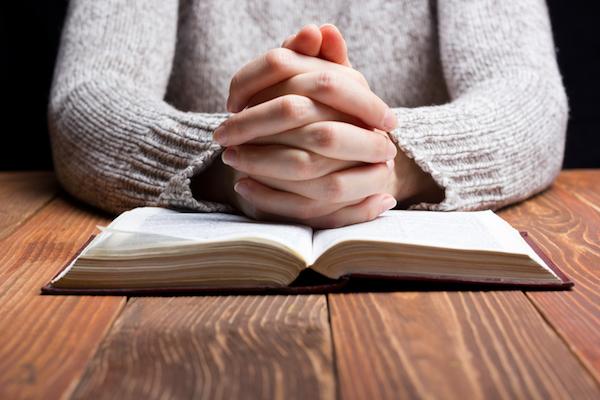The following article was contributed by Dr. Thomas Burnford, president/CEO of NCEA.
To anyone who has attended or sent their children to a Catholic school, or worked in one, the findings of the Thomas B. Fordham Institute’s study Self-Discipline and Catholic Schools: Evidence from Two National Cohorts are no surprise. Catholic schools are dedicated to educating the whole child—mind, body and spirit—with a focus on the development of intellect, personhood, and relationships. Those foci are evident in the study’s major findings: Catholic school students exhibit more self-control and self-discipline and are less likely to act out or be disruptive than students in other private or public schools.
Why do Catholic school students attain more self-discipline than their peers at other schools? There are several reasons:
- The transmission of the Catholic understandings of freedom, happiness, and moral objectivity are taught to children at a young age. Happiness, Catholics believe, is the fruit of living with the personal freedom that is the foundation for the pursuit of virtue-guided morality. Catholics believe that teaching morality in accordance with Gospel values enables all members in a Catholic school community to show self-discipline and respect for oneself, for others, and for all of creation. Judeo-Christian virtues such as kindness, humility, and diligence are not only explicitly taught in Catholic schools, but they shape the foundation and backdrop for everything that happens in those schools. The mission of Catholic schools is to foster scholarly achievement and responsible behavior, concepts that are complimentary, not mutually exclusive.
- Catholic schools partner with parents who are the primary educators of their children. The school collaborates with parents and guardians in promoting the values that are begun at home and fostered and celebrated in the schools. Catholic schools strive to create connections among students, the family, the school, and the church so that all share in belonging to a caring faith community. This partnership enables students to see and emulate healthy relationships that promote inclusion and encourage students to be responsible, responsive, compassionate, and empathetic to the beliefs, feelings, and needs of others.
- The Catholic school is a community of faith that encourages reverence, respect, and concern for others in a spirit of hospitality that welcomes all, regardless of their religious traditions. Catholic schools create a supportive and challenging climate that affirms the dignity of all persons as children of the same God. Catholic schools teach students how to live in relationship with one another and to be kind and accepting of others rather than exclude them. Catholic schools live community values by promoting collaboration and teamwork among students in classroom activities that develop habits of listening, valuing other opinions, and personal responsibility. Self-discipline, rather than the harsh caricatures of Catholic school discipline of yesteryears, is the goal and hallmark of Catholic school culture.
What can other schools learn from this “Catholic School Effect”? Catholic educators, following the example of Jesus Christ, care deeply about their students and their intellectual, human, and spiritual development. Teachers are role models who share their faith, time, and talents while creating educational environments that are warm, trust-filled, and encouraging. Though Catholic school teachers may publicly and explicitly reference faith as motivation, all teachers can and should attempt to create a “values-based” environment that helps students develop social and relationship skills that can mirror much of the Catholic school ethos. But if parents do want a faith-based environment for their children, why shouldn’t they be supported in exercising that choice?
As the Fordham study says, Catholic schools in particular are doing something meaningful in the realm of self-discipline… To the extent that school choice programs can widen access to great schools—Catholic or otherwise—that boost academic performance and self-discipline, they deserve our eternal support.
Test scores on NAEP, SAT, and other national assessments prove that academically Catholic school students consistently outperform their public school counterparts, and now we welcome this study’ additional validation of the mission of Catholic schools: To form students in faith, to help them grow in knowledge, and to teach the students to show their love of God through service to others.
We should not underestimate the power of religion to positively influence a child’s behavior—and shouldn’t restrict families’ support of choice in schooling on the basis of religion. The National Catholic Educational Association, as well other Catholic and religious organizations, support the full and fair parental range of school options for everyone. While we will continue to be supportive of parental/school choice for all, we are pleased to share the good-news conclusions of the Fordham study about the priceless treasure that is Catholic education—academic excellence, faith formation, and service to the common good of society.
To view the original article, click here.
